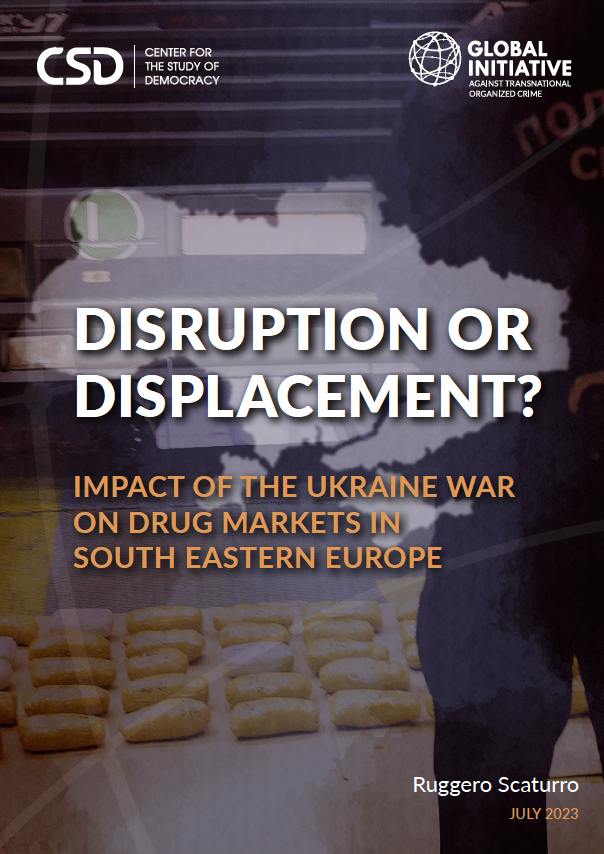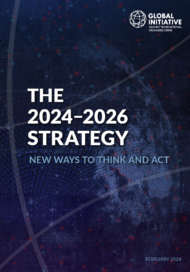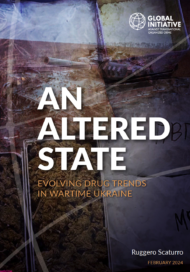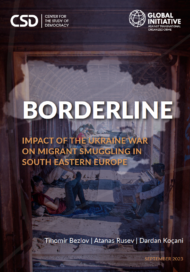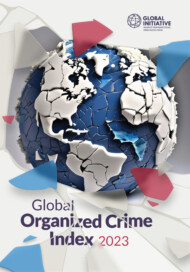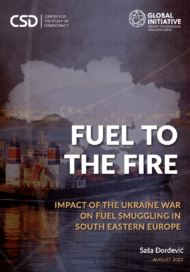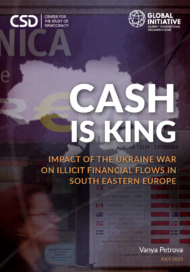Explore by drug type
Mean retail priceCannabis
2021/2022
€5.50/g
Cocaine
2021/2022
€90.00/g
Heroin
2021/2022
€22.50/g
Amphetamine
2021/2022
€11.00/g
Methamphetamine
2021/2022
€50.00/g
Open-source database
Drugs prices in Kosovo| Substance | Quantity | Price/€ | Information by | Region/Hotspots | Year |
|---|---|---|---|---|---|
| Cannabis | 1 kg | €400 – €600 | North Kosovo | 2021 | |
| Cannabis | 1 g | €5 | North Kosovo | 2021 | |
| Cannabis | 1 kg | €800 – €1000 | 2021 | ||
| Cannabis | 1 g | €2.80 – €3 | Journalist | Prizren | 2021 |
| Cannabis | 1 g | €5 – €10 | Police | 2021 | |
| Cannabis | 1 kg | €600 – €700 | Police | Podujevo | 2021 |
| Cannabis | 1 kg | €1 600 – €1 700 | Albanian Police | 2021 | |
| Cannabis | 1 kg | €2 500 – €3 000 | Police | 2021 | |
| Skunk (cannabis) | 1 kg | €800 – €1000 | North Kosovo | 2021 | |
| Cocaine | 1 g | €60 – €70 | North Kosovo | 2021 | |
| Cocaine | 1 kg | €45 000 – €50 000 | North Kosovo | 2021 | |
| Cocaine | 1 g | €80 – €100 | Journalist | Prizren | 2021 |
| Cocaine | 1 kg | €50 000 – €70 000 | Police | 2021 | |
| Cocaine | 0.6 g | €50 – €70 | Police | 2021 | |
| ecstasy | 1 pill | €1.7 – €2.5 | North Kosovo | 2021 | |
| ecstasy | 1 pill | €5 – €10 | Police | 2021 | |
| Heroin | 0.25 g | €5 | North Kosovo | 2021 | |
| Heroin | 1 kg | €12 000 – €13 000 | North Kosovo | 2021 | |
| Heroin | 1 kg | €5 000 | North Kosovo | 2021 | |
| Heroin | 0.6 g | €20 – €30 | Police | 2021 | |
| Heroin | 1 kg | €20 000 – €25 000 | Police | 2021 | |
| Heroin | 1 kg | €18 000 – €21 000 | Albanian Police | 2021 |
Drug Flows
Drug routes in Kosovo
Market flow layers
Cannabis
Heroin
Synthetics
Cocaine
Latest analysis from the observatory
Disruption or displacement?
Impact of the Ukraine war on drug markets in South Eastern Europe
The Western Balkans is a crossroads for the trafficking of many illicit commodities, and it is a geographical hub for the smuggling of migrants who are trying to enter Western Europe.
Read moreThe See Obs
The GI-TOC's Observatory of Illicit Economies in South Eastern Europe is a platform that connects and empowers civil society actors in Albania, Bosnia and Herzegovina, Kosovo, Montenegro, North Macedonia and Serbia.
The Observatory aims to enable civil society to identify, analyze and map criminal trends, and their impact on illicit flows, governance, development, interethnic relations, security and the rule of law, and supports them in their monitoring of national dynamics and wider regional and international organized-crime trends.
The Observatory was launched as an outcome of the 2018 Western Balkans Summit in London, a part of the Berlin Process.
Read More
